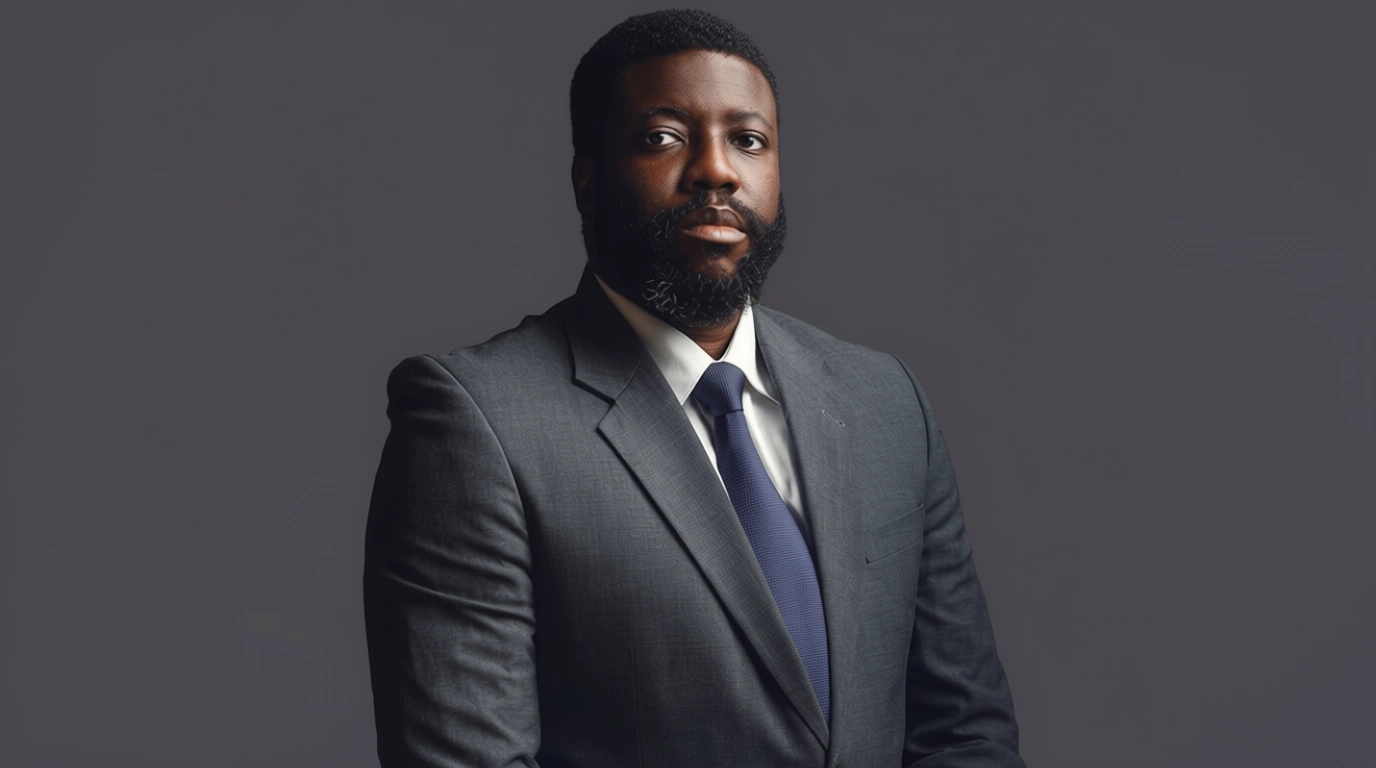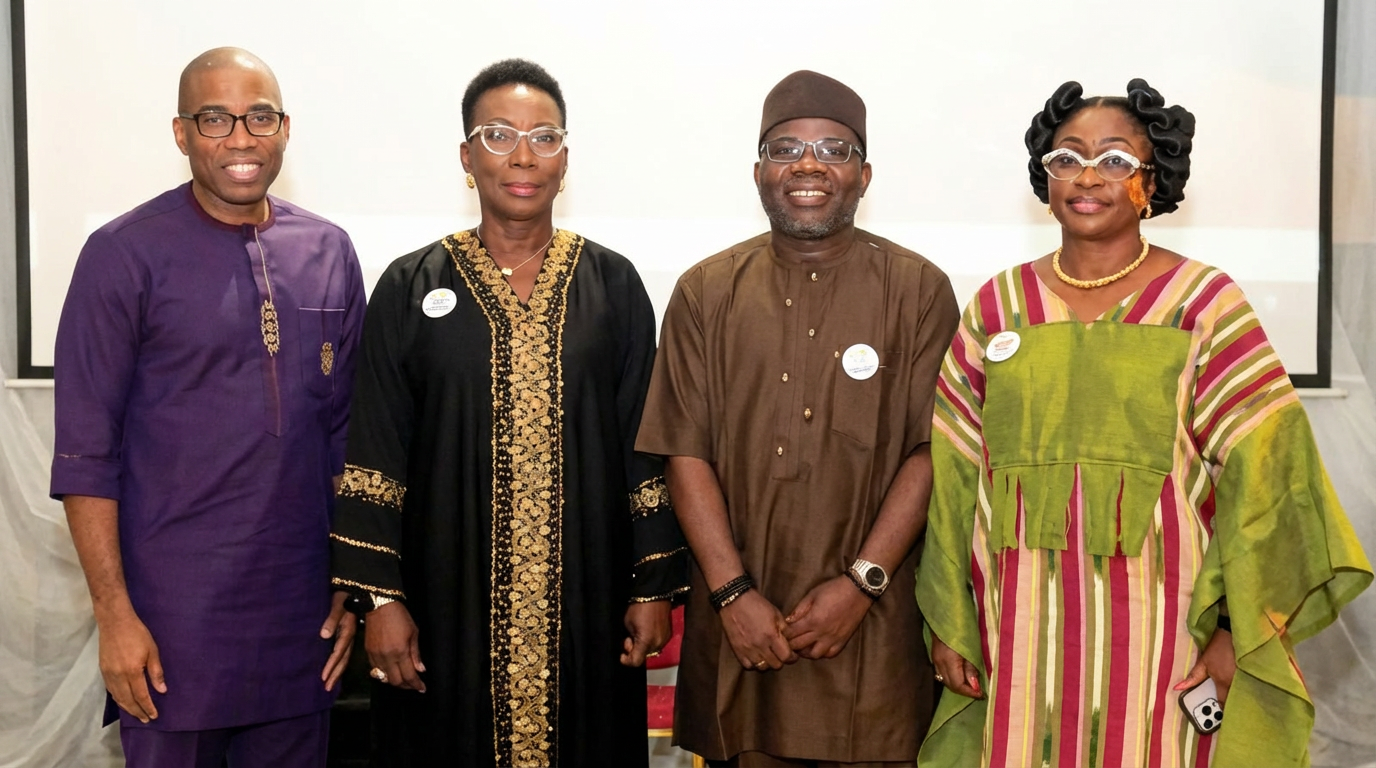
With the Federal Government’s resolve to promote the teaching of mathematics and sciences at primary school level via the use of indigenous languages, Nigeria may not be far from sending its own scientists into space, writes Head, Education Desk, Iyabo Lawal
Three times one, three; three times two, six; three times three, nine; three times four, 12; three times five, 15; three times six, 18; three times seven, 21…three times 12, 36,” repeat after me, the enthusiastic teacher read out in Efik.
“ Three times one, three; three times two, six, three times three, nine…” the excited kids mellifluously sang in unison.
For the first time, their faces lit up in clear understanding of what they are being taught.
“Now, write down your homework,” the teacher said as she scribbled some arithmetical exercises on the chalkboard for the young pupils to copy. “Any question?” she asked as she made to walk out of the classroom.
“No Aunty!” the schoolchildren chorused in delight.
Shoulders high, the proud teacher stepped out. But as she left for the staff room, a frown creased across her forehead. While she speaks Efik quite fluently, her vocabulary is limited in the language.
In January this year, the Minister of Science and Technology, Dr. Ogbonaya Onu, announced what not a few parents and guardians had hoped for years, would help schoolchildren to better understand what they are being taught in the class, when he said plans were underway for mathematics and science subjects to be taught in indigenous languages in primary schools across the country,
As the minister looked intently at pupils of Ekulu Primary School in Enugu, he had hoped that such introduction would encourage the application of science and technology in the country.
Onu had gone to the school to present computer sets and other science kits donated by his ministry to the school. But his dream is beyond the kids being computer-literate or science-savvy but he dreams of a day when Nigeria can send scientists into space.
So, how will using indigenous languages make that possible?
“The Ministry of Science and Technology is worried over the low interest in mathematics and the science subjects. So, we are working on plans to teach mathematics and sciences in indigenous languages in primary schools. These pupils grow up with their indigenous languages at home before they start going to school, where they are now taught in foreign languages.
“So, we have observed that there is a challenge to understand the foreign languages first before they could even start understanding what they are being taught. We believe that this plan will help our students to understand mathematics and the science subjects, and also promote the application of science and technology for national development,” Onu had affirmed.
Nigerians will have at least a reason to cheer that news because an information technology powerhouse like India had long before now adopted a similar strategy by teaching mathematics and the science subjects in indigenous languages at the primary school level.
But experts have noted that the government will have to first develop the vocabulary of the indigenous languages before they could be used to teach the subjects effectively.
For Onu and the Federal Government, that will not be a hard nut to crack as the Ministry of Science and Technology would collaborate with the Ministry of Education to develop the capacity of the local languages to serve as effective tools for teaching mathematics and science subjects.
“For us to build the country of our dreams, for us to make Nigeria a truly great nation, one that is able to feed and house its citizens, a nation with a stable currency, we must embrace science and technology. It is my duty as the minister of science and technology to make Nigerians to understand this,” he added unequivocally.
Onu’s words re-echoed Professor Babatunde Fafunwa’s position that Nigeria’s school children should be taught at the primary school level in their mother tongue.
Already, an inter ministerial committee has been set up with the task of helping to develop the capacity of the local languages to serve as effective tools for teaching mathematics and science subjects.
According to Fafunwa, educators and psychologists assume that Nigerian kids will easily switch from the mother tongue they grew up learning to a new language they are confronted with in school.
“The fact of the matter, however, is that the child’s cognitive equilibrium has been disturbed and this abnormal situation tends to retard the cognitive process. There is little or no continuity between the child’s home experience and his school experience – a situation that does not arise in western countries where, in most cases, the child’s school experience is a continuation of his home experience and exposure,” the first Nigerian education professor had said years back.
Scholars have noted that concerning primary school dropouts in the country, 40 to 60 per cent is traceable to premature introduction of English as a language of instruction, poorly trained teachers and inadequate teaching and learning facilities.
The World Bank and the United Nations Educational, Scientific and Cultural Organisation (UNESCO) studies on basic education have all indicated that children learn better and faster – eagerly – when instructed in their mother tongue.
Some studies further noted that countries that rank highest in the world in mathematics and science tests, as reported by Trends in International Mathematics and Science Study (TIMSS), are usually those that pay more attention to teaching schoolchildren in indigenous languages.
But some questions have been thrown up concerning this cheering news: How will children be taught in a cosmopolitan city like Lagos with pupils from various ethnic backgrounds? What happens if a pupil has to move to another state and school where his or indigenous language is not being used? Despite the seeming challenges, experts feel the merits outweigh the demerits.
As noted by a professor of English and Linguistics at United States International University, Nairobi, Kenya, Angelina Kioko, in countries where English is not the first language, many parents and communities believe their children will get a head-start in education by going ‘straight for English’ and bypassing the home language.
In Kenya, she stated, some learners in urban and some cosmopolitan settings speak and understand some English by the time they join school. But learners in the rural areas enter school with only their home language. For these learners, using the mother tongue in early education leads to a better understanding of the curriculum content and to a more positive attitude towards school.
She gave a number of reasons for that. First, learning starts at home not in school with use of indigenous language.
“Second, by using the learners’ home language, they are more likely to engage in the learning process. The interactive learner-centred approach – recommended by all educationists – thrives in an environment where learners are sufficiently proficient in the language of instruction. It allows learners to make suggestions, ask questions, answer questions and create and communicate new knowledge with enthusiasm.
“It gives learners confidence and helps to affirm their cultural identity. This in turn has a positive impact on the way learners see the relevance of school to their lives. But when learners start school in a language that is still new to them, it leads to a teacher-centred approach and reinforces passiveness and silence in classrooms,” Kioko argued.
She explained further that when learners speak or understand the language used to instruct them, they develop reading and writing skills quicker than when instructed in a foreign language like English.
“Introducing reading and writing to learners in a language they speak and understand leads to great excitement when they discover that they can make sense of written texts and can write the names of people and things in their environment. Research in Early Grade Reading (EGRA) has shown that pupils who develop reading skills early have a head-start in education.
“It has also been shown that skills and concepts taught in the learners’ home language do not have to be re-taught when they transfer to a second language. A learner who knows how to read and write in one language will develop reading and writing skills in a new language faster,” the Kenya-based scholar said.
She is of the opinion that using an indigenous language to teach schoolchildren also reduces the stress of the teacher as long as she can speak that language.
Kioko added, “Research has shown that in learning situations where both the teacher and the learner are non-native users of the language of instruction, the teacher struggles as much as the learners, particularly at the start of education.
“But when teaching starts in the teachers’ and learners’ home language, the experience is more natural and less stressful for all. As a result, the teacher can be more creative and innovative in designing teaching/learning materials and approaches, leading to improved learning outcomes.”
On the modalities for the take off of the initiative, the Director of information, Federal Ministry of Education, Mrs Chineye Ihuoma said the area of coverage for the policy at the initial stage would be restricted to the basic level, thereafter, it would be expanded to cover secondary school.
Determined as Onu is, educators are of the view that a proper foundation should be laid out before indigenous languages become the medium of instruction for pupils in primary schools across the country. They also urge the Federal Government to ensure that such innovation will be sustainable and will not be subjected to the political caprices of successive governments.






